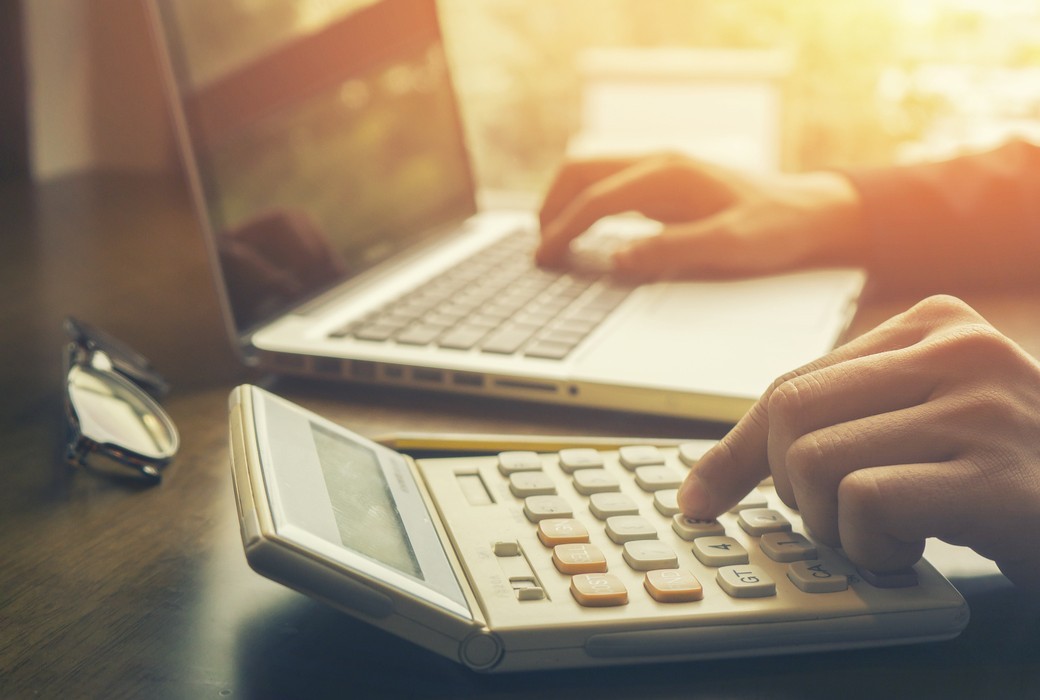
What do directors need to be aware of when selling company assets?

There are many reasons why you, as a company director, may wish to sell or otherwise dispose of, some or all of the assets of your company. It may be that they are simply no longer required, or your motivation may be to generate some additional capital. Before disposing of any valuable asset there are a number of factors you should consider to ensure the sale is both problem-free and profitable.
What are classed as business assets?
Business assets can be either tangible (such as property or equipment) or intangible (such as any form of intellectual property or brand reputation and goodwill). To be classed as a business asset it must have been purchased either exclusively or primarily for business use. Business assets can also be divided into those deemed as current or non-current. Current assets are those which will be turned into cash within one year such as cash or inventory. Whereas non-current assets are those which are expected to provide value for more than one year such as property and equipment.
What is depreciation of business assets?
One of the most important things to take into consideration when selling business assets is the effect of depreciation. In some cases assets could increase in value over the time that you have owned them, however more often it is the case that your asset’s value will be subject to a certain level of value depreciation from its purchase price. A business’ assets are only worth what someone else is willing to pay for them, and this together with the effect of natural depreciation of value, can significantly affect the price that you can hope to realise for them.
Tax considerations when selling business assets
As a limited company you will need to pay corporation tax on any profit or ‘chargeable gain’ that you make from the sale of business assets. This rule also applies to any unincorporated associations or foreign companies who have a UK branch or office. However, if you are a sole trader, in a partnership, the director of a company which is non-UK resident, then you will have to instead pay capital gains tax (CGT) on any chargeable gains made from the sale of your business assets.
What is a chargeable gain?
Determining the exact amount of chargeable gain that you have made from the sale of one or more of your business assets is often a complex procedure that can require precise market value calculations along with allowances for inflation utilising the HMRC Indexation Allowance. In most cases we would recommend getting your accountant to perform these calculations for you before submitting your annual accounts to ensure that the correct amounts of tax are paid and that you remain fully compliant.
How much tax will you pay?
Corporation Tax on chargeable gains is charged as part of a company's total taxable profits.
Companies with profits over £250,000 pay a main corporation tax rate of 25%. A "small profits rate" of 19% applies to profits of £50,000 or less, with marginal relief for profits between £50,000 and £250,000.
You can also reduce the total amount of chargeable gains upon which you would pay corporation tax by offsetting any capital losses made from the unprofitable sale of any business assets.
What happens when intangible assets are sold?
There are a number of issues with the sale of intangible business assets that can make these significantly more complex. Firstly, intangible assets are much more difficult to place a value on than tangible assets. In many cases it is advisable to bring in the services of a business valuation expert to ensure that the correct figures are placed on intangible business assets.
Also, the way in which you pay tax on any chargeable gains made from the sale of intangible business assets is slightly different to that for tangible assets; different rules apply depending on when you first acquired them. If your limited company first owned an intangible business asset after 31 March 2002, then you should include any chargeable gains in your company’s trading profits and pay corporation tax on them. However, if you first owned an intangible asset before 1 April 2002 a much more complex procedure must be used to calculate any chargeable gains made.
The experts at BTG Begbies Traynor Group have extensive experience in handling the entire process of business assets sales, including valuation, chargeable gain calculations and expert tax advice. Contact the team today to arrange a free initial meeting with any one of our national offices.
More BTG Begbies Traynor Articles
Contact the team
Key Contact

You're in Safe Hands
- 35+ Years Experience
- 100+ UK Offices
- Confidential director support
- Insolvency market leader
Article Archive
Article Categories

